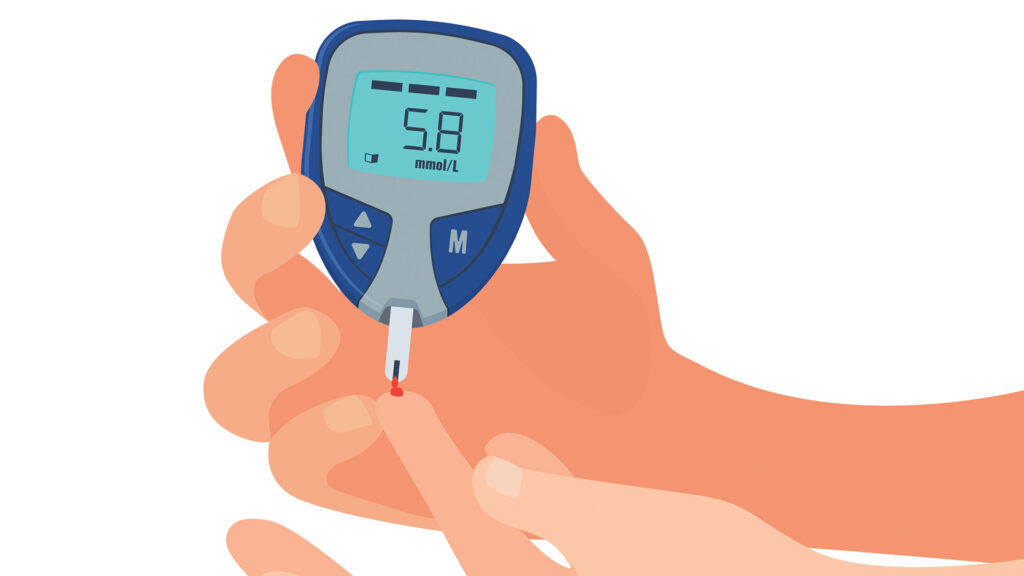Buzz Haven: Your Daily Dose of News
Stay informed and entertained with the latest buzz in news, trends, and insights.
Diabetes Doesn't Check Your Calendar: The Everyday Battle
Discover the daily struggles of living with diabetes and how to conquer challenges that don't follow a calendar. Join the fight today!
Understanding Diabetes: Common Myths and Facts
Diabetes is often surrounded by a multitude of misconceptions that can lead to confusion and misinformation. One common myth is that diabetes only affects overweight individuals. In reality, while excess weight is a significant risk factor, people of all shapes and sizes can develop this condition. Another prevalent myth is that diabetes is a disease that only affects adults. Type 1 diabetes can occur in children and adolescents, while Type 2 is increasingly being diagnosed in younger populations due to rising obesity rates.
Understanding the facts about diabetes can significantly improve health outcomes. Here are some key facts:
- Diabetes can lead to serious health complications, including heart disease, kidney damage, and nerve issues, especially if left unmanaged.
- People with diabetes can lead healthy, active lives with proper management, including diet, exercise, and medication.
- Regular monitoring of blood sugar levels is essential for managing diabetes effectively.

Daily Life with Diabetes: Tips for Managing Blood Sugar
Managing blood sugar levels is a crucial aspect of daily life with diabetes. One of the first steps you can take is to establish a consistent meal schedule. Eating at the same times every day helps regulate your blood sugar. Incorporating a variety of foods, particularly those high in fiber, can also aid in maintaining stable glucose levels. In addition, it’s beneficial to keep a food diary to track your meals and how they affect your blood sugar levels.
Physical activity plays a vital role in diabetes management. Aim for at least 30 minutes of moderate exercise most days of the week. This can include walking, cycling, or swimming, which can help to lower blood sugar levels and improve insulin sensitivity. Don’t forget to monitor your blood sugar before and after exercise to understand how your body responds. Finally, staying hydrated and getting adequate rest are essential, as stress and fatigue can significantly impact your blood sugar control.
How to Prepare for Unexpected Health Challenges with Diabetes
Living with diabetes means you have to be prepared for unexpected health challenges that can arise at any moment. It’s crucial to have a solid plan in place that includes understanding your condition, monitoring your blood sugar levels regularly, and knowing your body’s responses to different foods and activities. Creating a diabetes care kit with essential items like glucose tablets, a first-aid kit, and your diabetes medications can make a significant difference in emergencies. Additionally, keeping a log of your diabetes management, including diet, exercise, and medication, can help you and your healthcare team identify patterns that may lead to complications.
Moreover, maintaining open communication with your healthcare provider is key to managing unexpected health challenges effectively. Regular check-ups and attending diabetes education sessions can empower you with knowledge and strategies to handle potential issues. It’s also helpful to create a support network consisting of family, friends, or diabetes support groups who can provide assistance and motivation during tough times. By being proactive and informed, you can better navigate the complexities of diabetes while minimizing the impact of unforeseen health challenges.